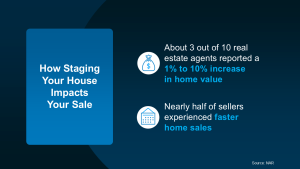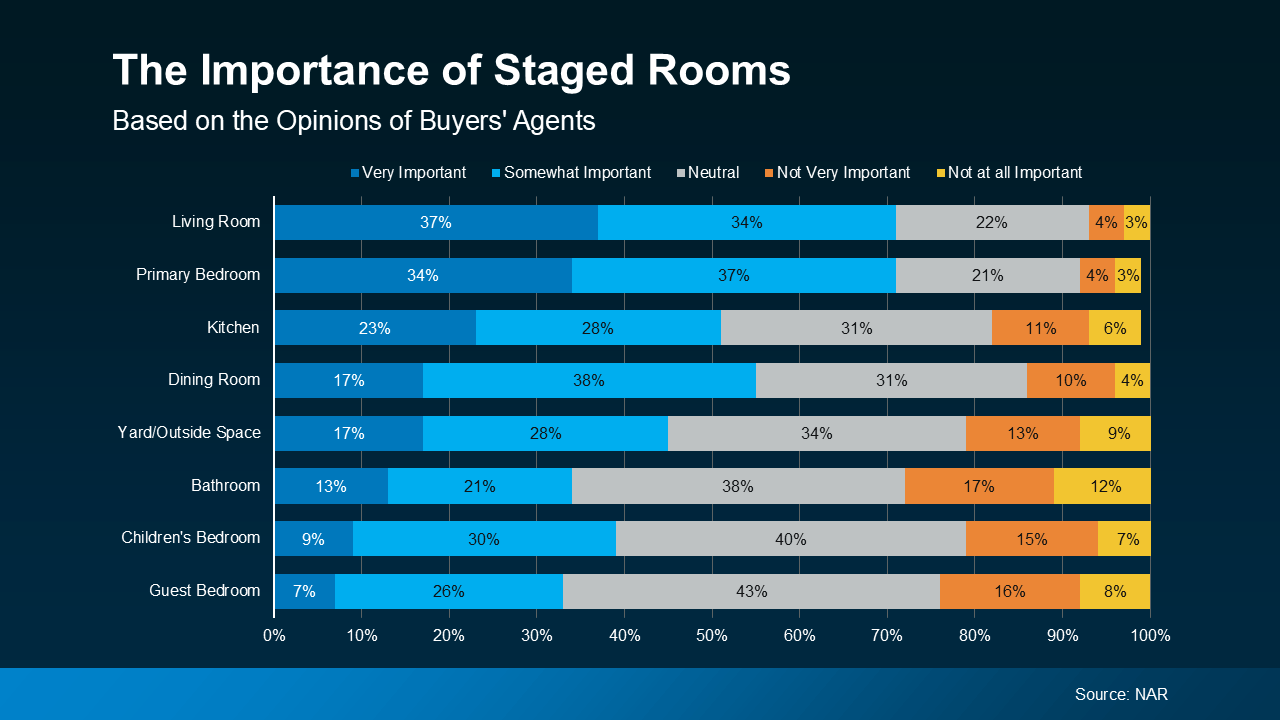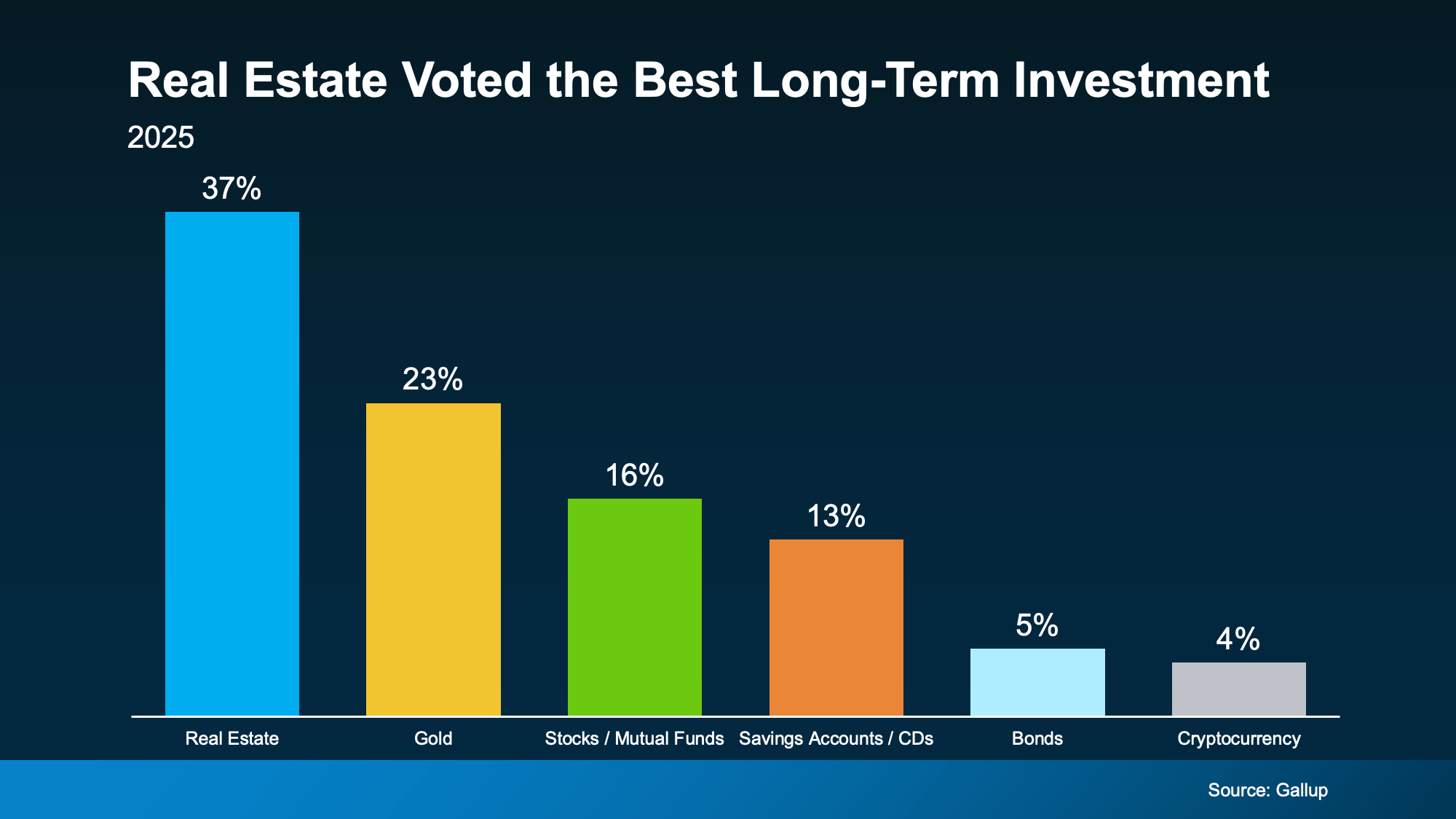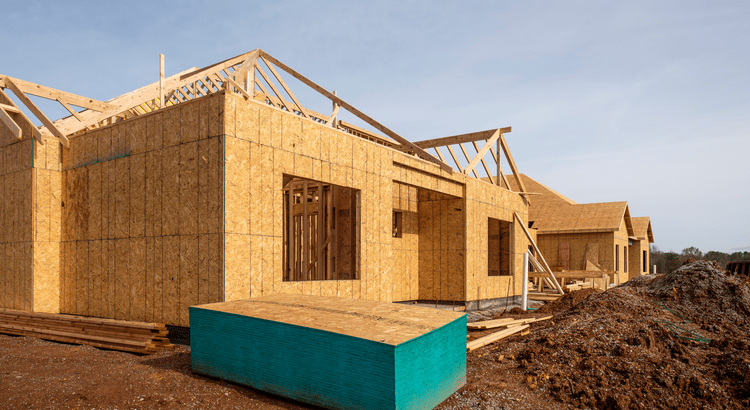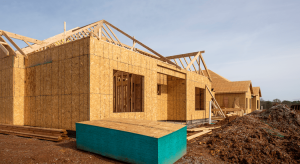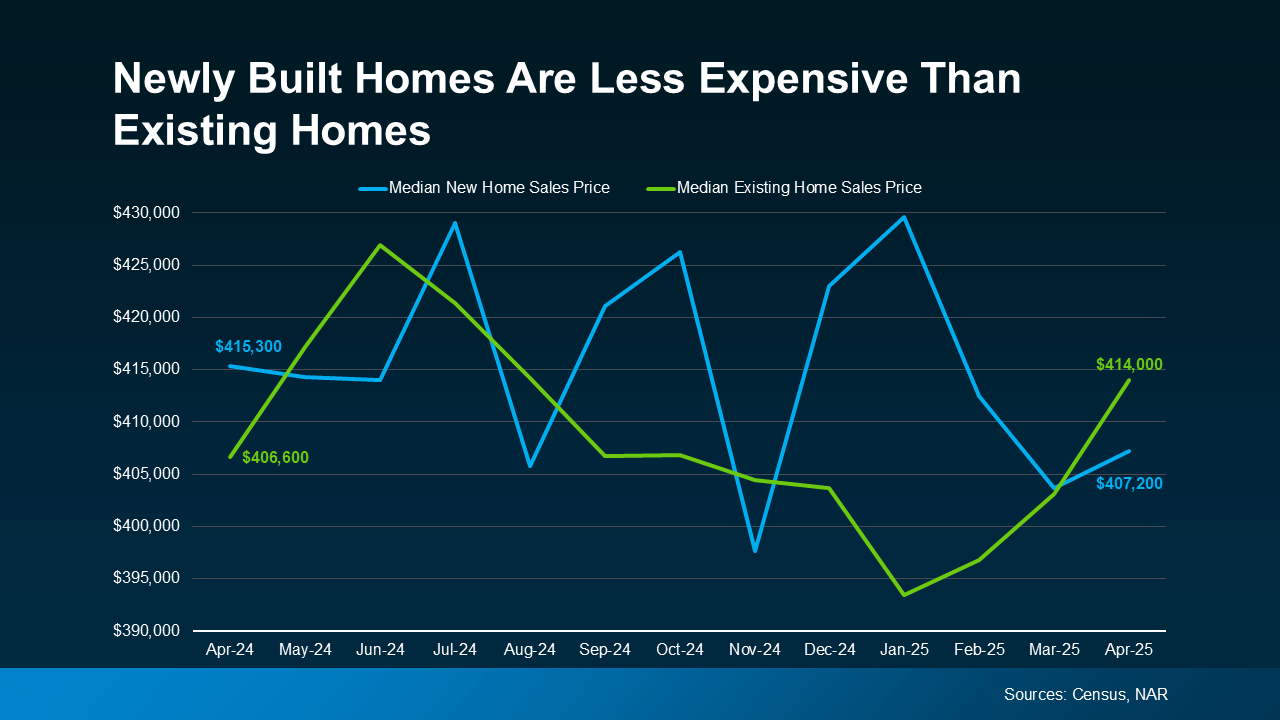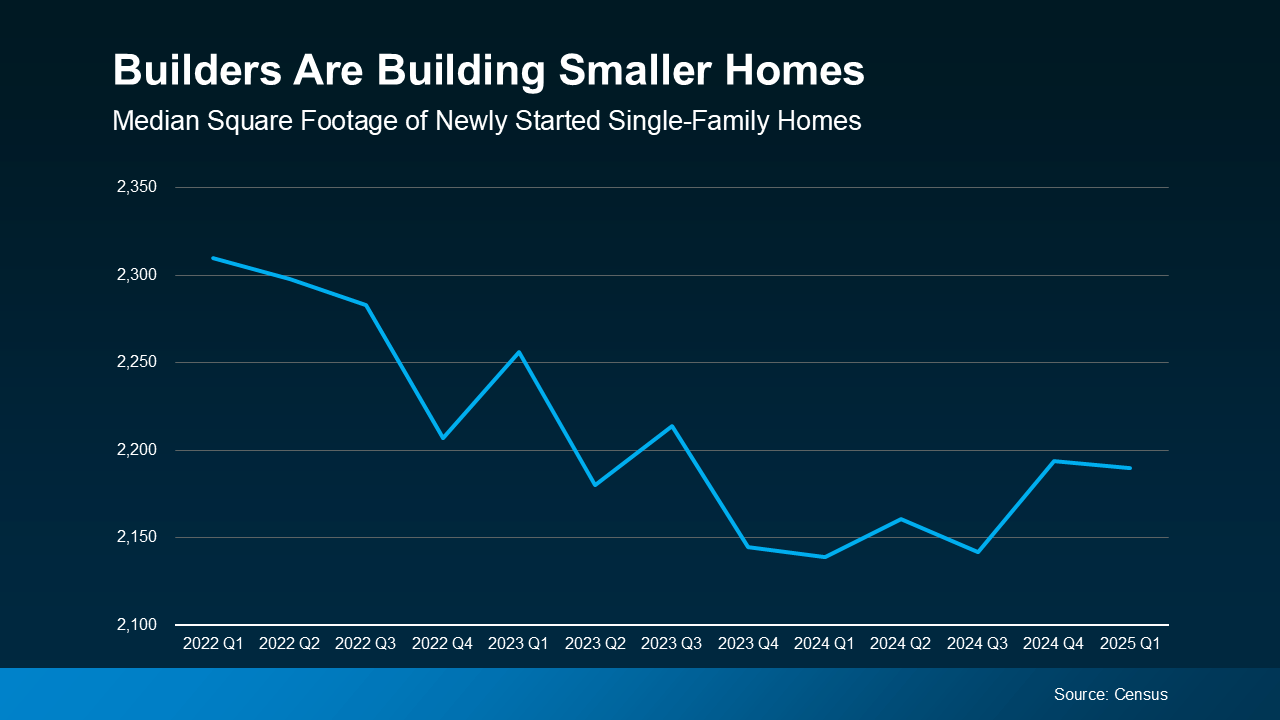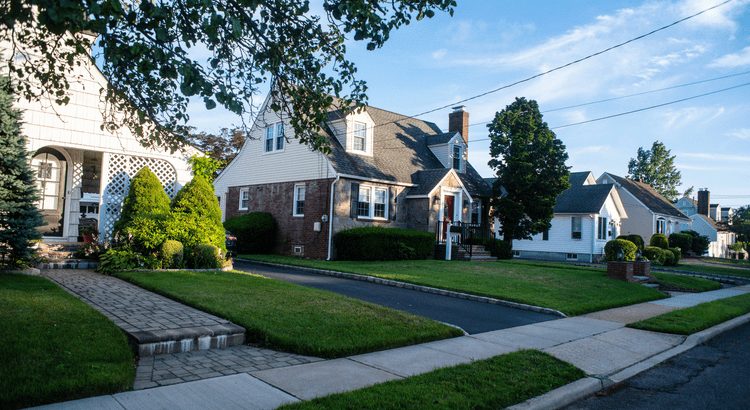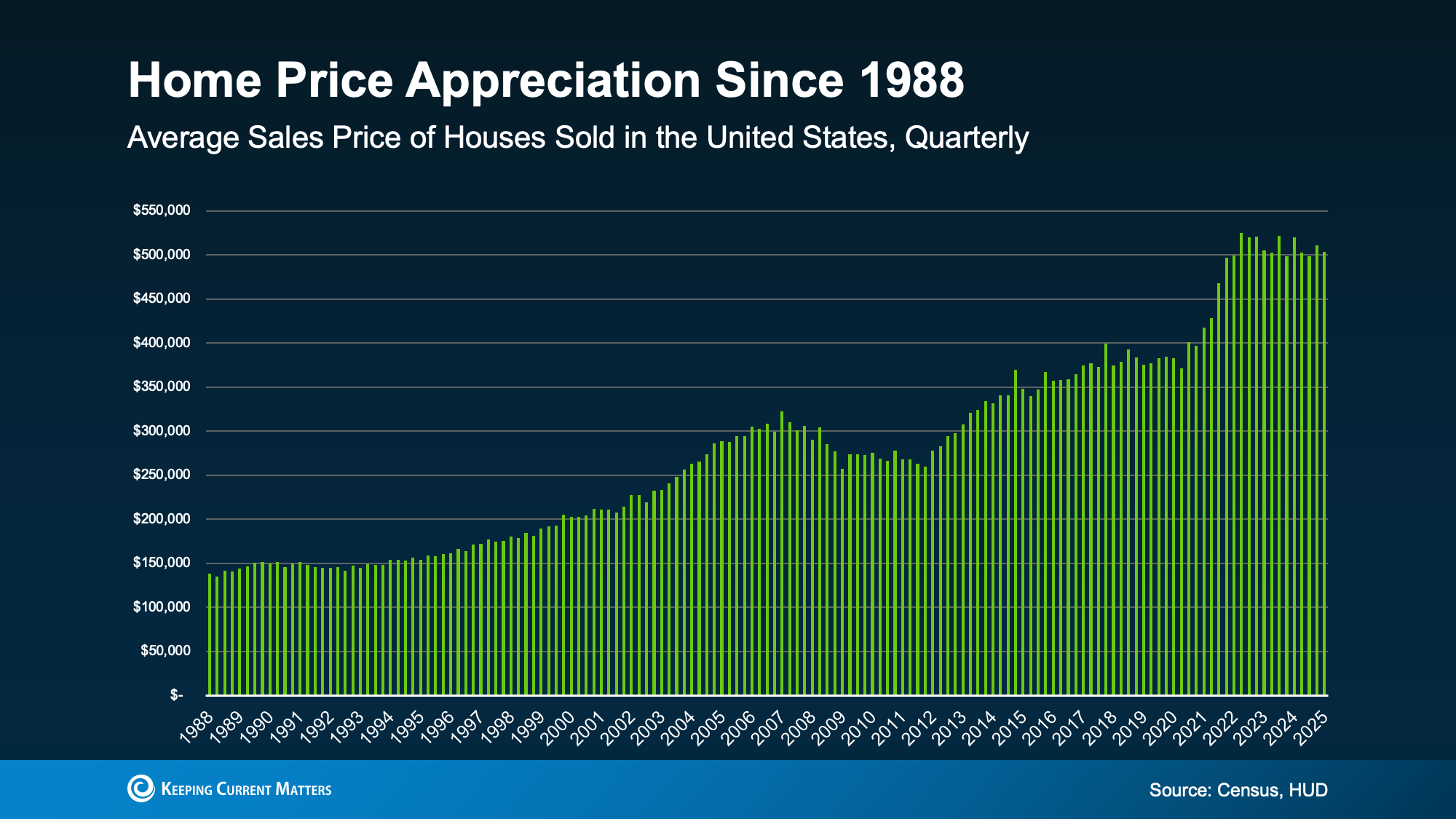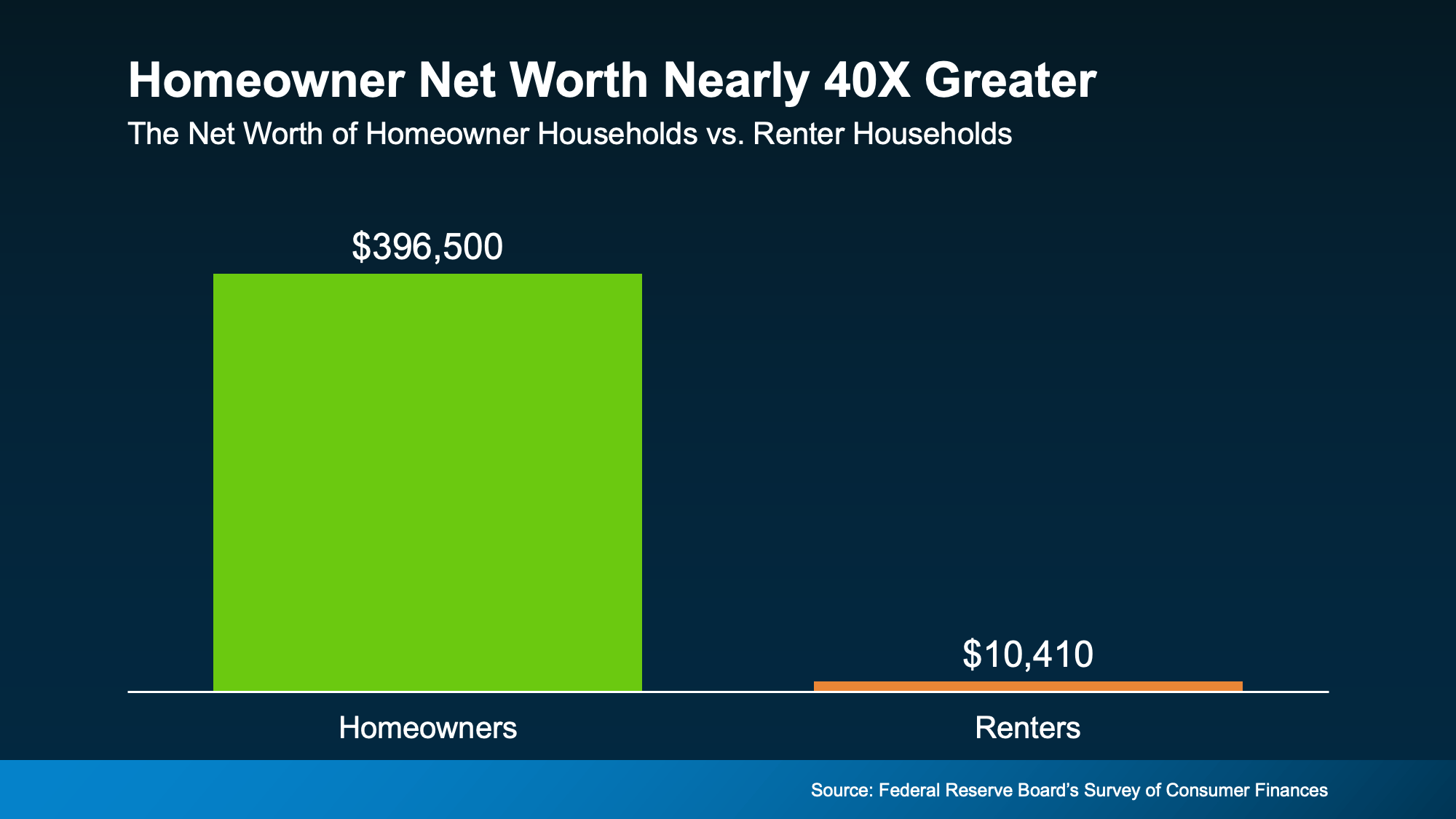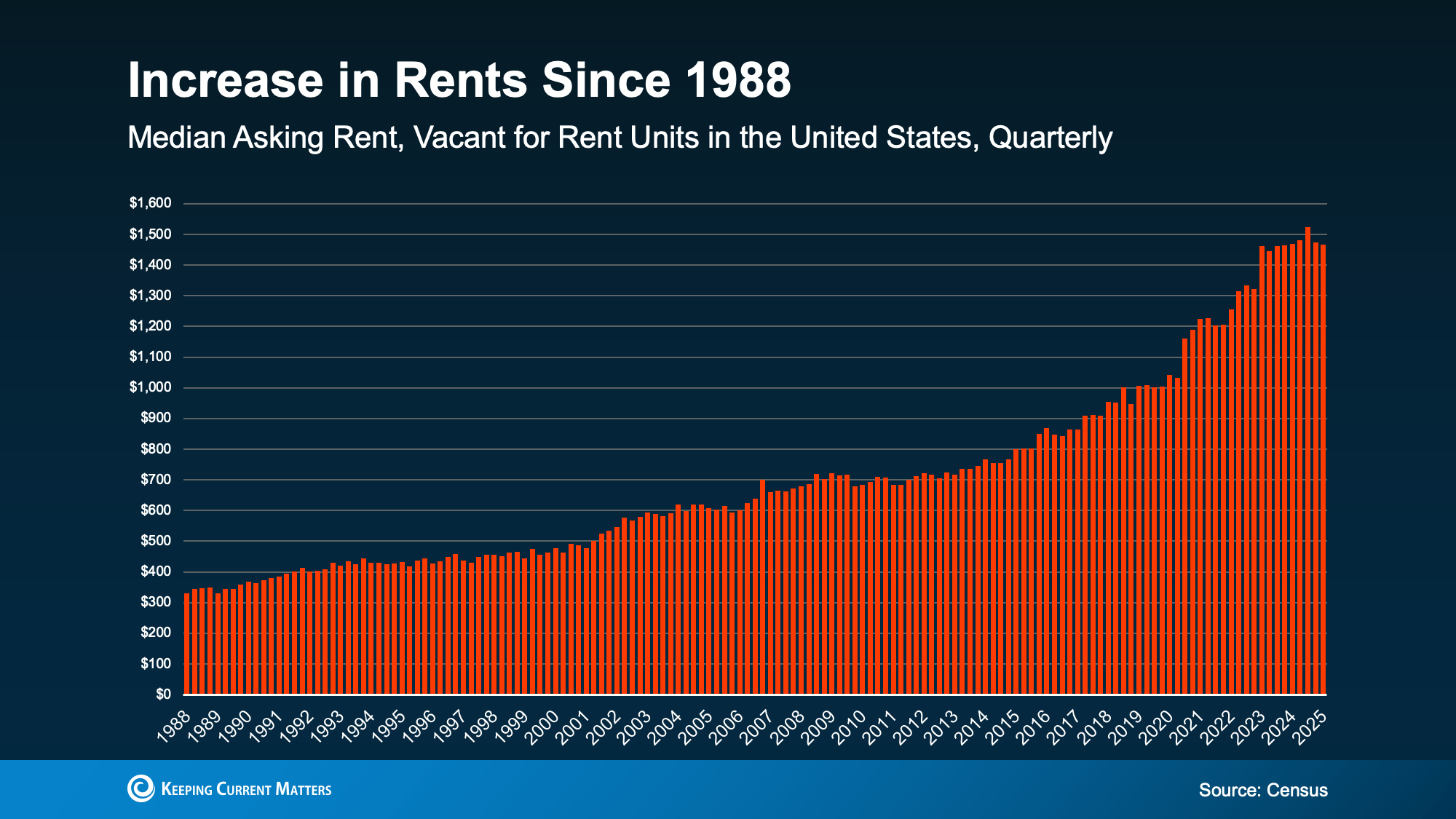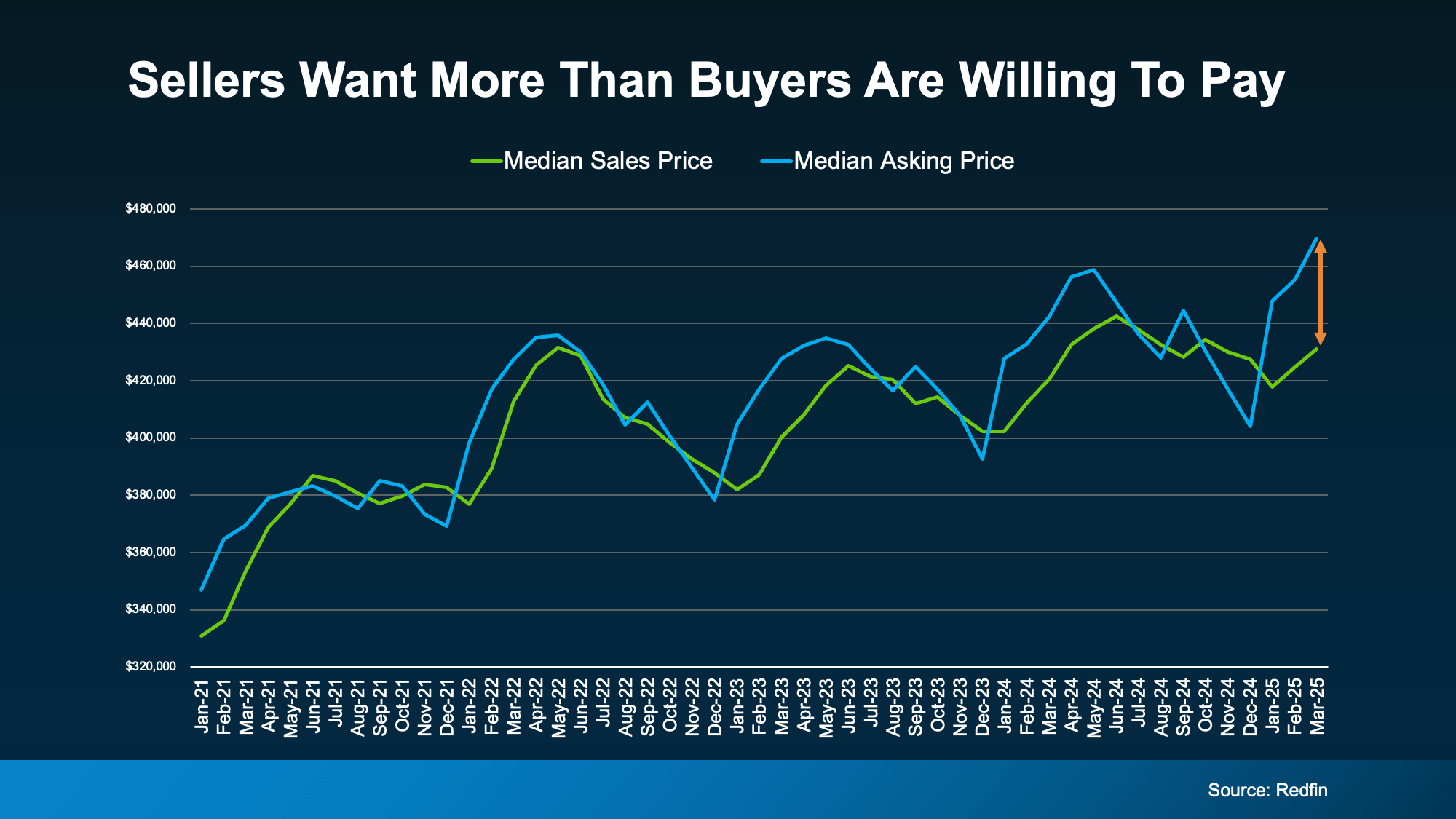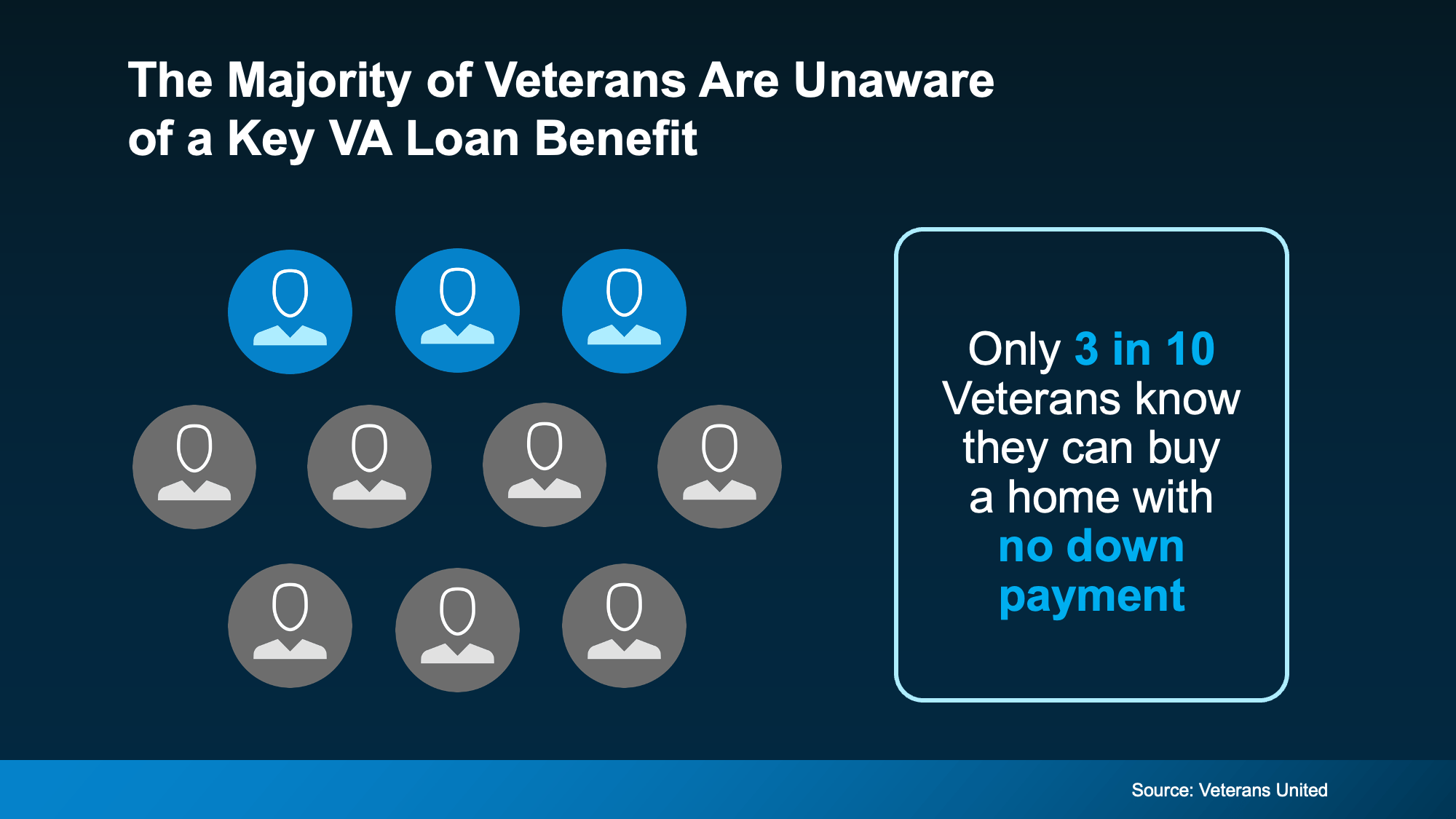FREE SHREDDING EVENT!
BORDENTOWN
SATURDAY, SEPTEMBER 20th 2025
9am to 12pm
3379 US 206, Bordentown, NJ 08505
Open to our neighbors in Bordentown, Mansfield, and Chesterfield and past clients of ERA Central Realty Group

Bring your documents to the FREE SHREDDING EVENT at our Bordentown office (3379 US 206) on Saturday, June 3rd from 9am to 12pm. This contactless event is open to our neighbors in Bordentown, Mansfield, and Chesterfield – just pop the trunk and we’ll do the rest!
No need to remove paper clips, staples, hanging file folders, etc.
ITEMS NOT ACCEPTED:
- 3-Ring Binders
- Media Items
- Metal Objects
- Computer Hard Drives
- CDs and Cases
- Plastic Objects
- X-Rays
In the event that the line is long, you will be permitted five boxes at a time. You are welcome to get in the line as many times as you wish, as long as time and shred space allows.
Identity theft is one of the fastest growing non-violent crimes in America. It impacts nearly 9 million victims each year, and approximately 75% of cases are a result of paper documents getting into the wrong hands. Proper destruction of confidential documents is a critical step in ensuring members of the community do not become victims of identity theft.
A community-wide shred event sponsored by ERA Central Realty Group makes it possible for members of the community to reduce their exposure to identity theft risk by having their personal and confidential materials securely destroyed in a Shred-It state-of-the-art mobile shredding truck.
THE SHRED-IT DIFFERENCE
We Protect What Matters.
Shred-it delivers more than just secure shredding—we provide peace of mind. Our fully customizable solutions are designed to fit your unique business needs, and our dedicated team is always ready to support you with flexible, convenient service. We protect what matters, offering industry-leading expertise, top-level security, and environmentally responsible practices.
This free event is sponsored by ERA Central Realty Group as part of its ongoing community outreach mission. ERA Central Realty has been a part of the Bordentown, Mansfield, and Chesterfield community for over 40 years. ERA Central and its agents are involved in many charitable and community efforts, such as MDA Summer Camp, Project One, Move for Hunger, and their own EDGE Scholarship, for which over $90,000 has been awarded to local college-bound high school students since 2005.


 Facebook
Facebook
 X
X
 Pinterest
Pinterest
 Copy Link
Copy Link









